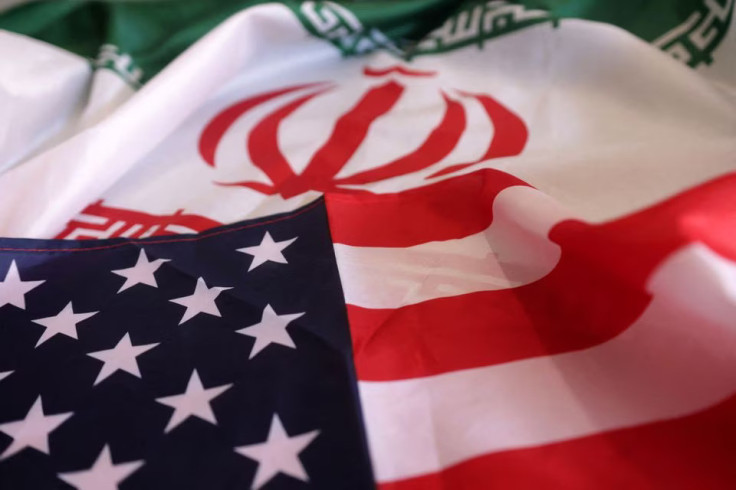US and Iran Prisoner Exchange Deal is Actually Worth $6 Billion
The US and Iran prisoner exchange will free $6 billion in Iranian oil revenue held in South Korea, with both countries discussing a possible arrangement that would seek to place some limitations on Iran's expanding nuclear program.

Tehran and Washington are to swap five prisoners each: 51-year-old Siamak Namazi, 59-year-old Emad Shargi and 67-year-old Morad Tahbaz, also a British citizen.
The terms of the US and Iran prisoner exchange have been discussed months prior to the deal. Since President Joe Biden came to power, Qatar has played a crucial role in enabling discussions between Tehran and Washington over the prisoner release.
The US imposed severe sanctions on Iran in 2018 when the Trump administration withdrew from the JCPOA, allowing countries such as South Korea, Turkey and India to purchase its oil but preventing Tehran from accessing the funds — the money had to be used for non-sanctionable items like food and medicine but in recent years, Iran lost access to those funds entirely.
The new deal will allow the money to be moved into a new account in Qatar that Iran can access. It will boost the Iranian economy at a time when Iran poses a growing threat to U.S. troops and Mideast allies.
However, during the US and Iran prisoner exchange talks, both countries discussed a possible arrangement that would seek to place some limitations on Iran's expanding nuclear program and avoid an international crisis.
Republicans were enraged in response to the deal, with Donald Trump saying that the money would pay for terrorism and calling Biden an "incompetent fool" and Ron DeSantis accusing Biden of "selling out on America".
While Americans mourn 9/11, Biden lines the pockets of the Iranian ayatollahs who provide safe harbor to the current head of al-Qaeda. This deal bankrolls nuclear ambitions, hostage takers, and extremists who hate America. When I’m President, we will not sell out American… https://t.co/9RiRfxeOf6
— Ron DeSantis (@RonDeSantis) September 11, 2023
Many condemned the deal by saying it would only encourage more hostage-taking, stating that Biden struck a deal with the world's No. 1 terrorist state.
Michael McCaul, the chair of the House Foreign Affairs Committee and a Republican representing Texas, expressed: "I remain deeply concerned that the administration's decision to waive sanctions to facilitate the transfer of $6 billion in funds for Iran, the world's top state sponsor of terrorism, creates a direct incentive for America's adversaries to conduct future hostage-taking."
Furthermore, Iowa senator Joni Ernst, an Iraq war Veteran, said: "This will only greenlight Iran's illicit actions and encourage further hostage 'diplomacy'. Biden's failed strategy of appeasement must end."
Some also noted that the day Biden notified Congress about the deal was the anniversary of 9/11.
Gabriel Noronha, a former State Department advisor on Iran, stated: "9/11 is one hell of a day to notify Congress you're transferring $6 billion to the regime harbouring Saif al-Adel and the rest of Al-Qaeda's leadership."
"This is the message the Biden Administration is sending to the bloody regime in Tehran as we commemorate 22 years since al-Qaeda's terrorist attack against our nation," according to Marco Rubio, a senator for Florida who sits on the Senate Foreign Relations Committee.
However, some are empathetic to the release of the prisoners who are coming home to their families — Brittney Griner, the basketball player released in December after almost nine months in a Russian prison, broke down in tears on hearing the news of the Americans' release.
She said: "I'm really happy. And I can't wait for it to be official, and for them to be home with their family."
The US and Iran prisoner exchange comes during a prolonged conflict between the US and Iran, including civil wars in Syria and Yemen, geopolitical competition in the Middle East, strained relations due to political and human rights differences and the 1979 US Embassy hostage crisis in Tehran, which strained diplomatic ties for decades.

Kaja Traczyk is a reporter for the International Business Times UK and a Journalism Undergraduate with experience in news writing, reporting, and researching.





















